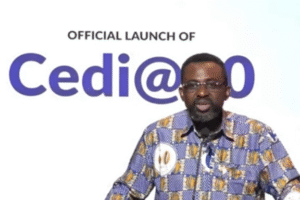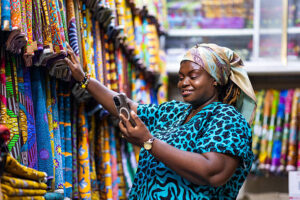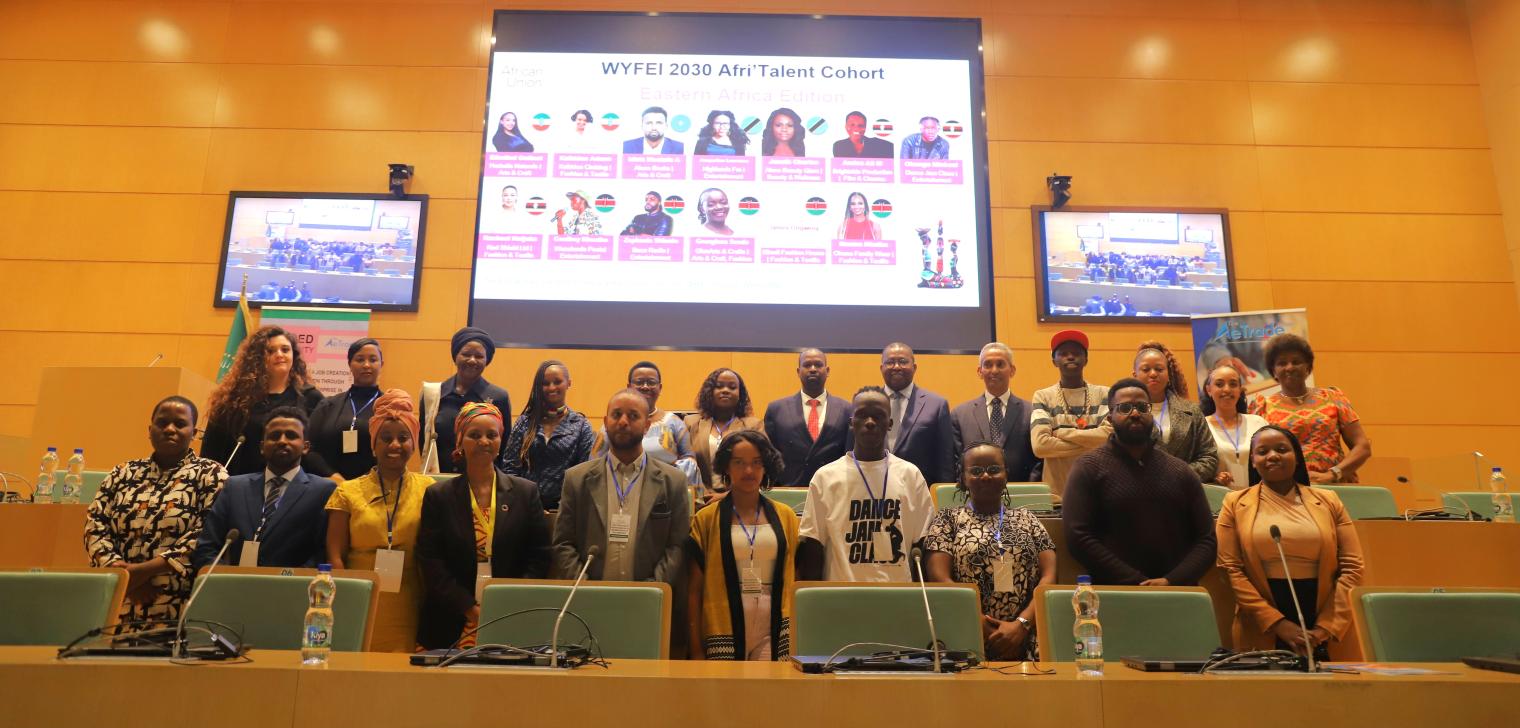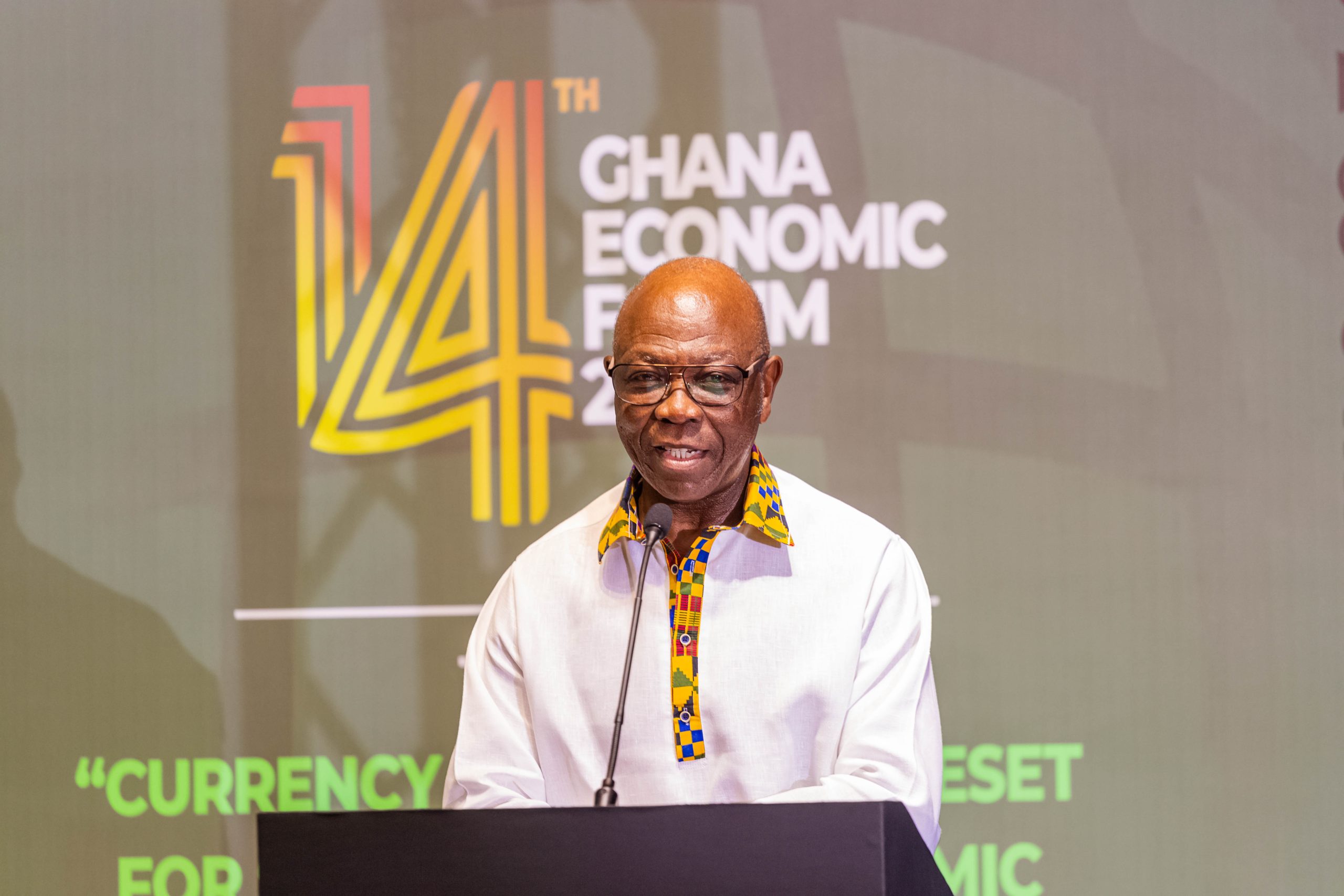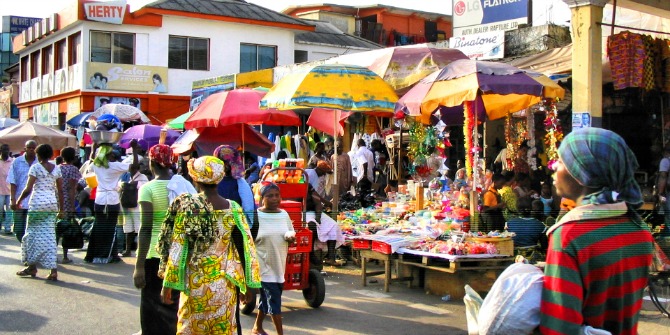Developing skills is becoming a key factor in Africa’s effort to unlock the $20 billion potential of its creative economy. With a fast-growing youth population and digital innovation transforming content creation, investing in creative education, training, and infrastructure is crucial. Equipping young talents with the right skills not only drives economic growth but also positions Africa as a global leader in music, film, fashion, and digital art.
In 2024, the International Labour Organization (ILO) estimated the value of Africa’s cultural and creative economy at approximately $20 billion. The Africa Trade Report 2022 projects that by 2030, the continent could account for 10 percent of global creative goods exports, worth around $20 billion annually, equivalent to 4 percent of Africa’s GDP, and could generate more than 20 million job opportunities.
These forecasts reflect strong demand for African content, from music and film to fashion and digital art, but they also underscore a pressing structural challenge: most of the sector remains informal, under-resourced, and disconnected from professional education systems.
📢 GET A DETAILED ARTICLES + JOBS
Join SamBoad's WhatsApp Channel and never miss a post or opportunity.
📲 Join the Channel NowA joint study by the African Union and the African Development Bank found that more than 70 percent of youth working in the creative sector lack formal training. The result is a workforce that is heavily self-taught, often without access to industry-aligned skills, tools, or platforms. This skills gap leads to inconsistent content quality, limited scalability, and reduced competitiveness in international markets.
The lack of structured development pathways also hampers the ability of creatives to fully participate in the value chain. While African artists continue to drive cultural influence globally, particularly in music, film, gaming, and digital media, many are locked out of formal distribution networks, financing mechanisms, and legal protections due to limited training in business management, digital production, and intellectual property rights.
This disconnect between talent and technical readiness is becoming more acute as the industry digitizes. In today’s creative economy, proficiency in areas such as digital marketing, e-commerce, animation, coding, visual effects, and AI-assisted production is increasingly essential. Emerging technologies like non-fungible tokens (NFTs), augmented reality (AR), and virtual production are expanding creative possibilities, but only for those with the skills to access and monetize them.
Countries such as Ghana, Nigeria, South Africa, Rwanda, and Kenya have launched policy frameworks and funding mechanisms to support their creative economies. However, these initiatives often lack sufficient integration with education and training systems, resulting in fragmented implementation and limited reach.
In Ghana, the government’s broader 24-Hour Economy Agenda includes components aimed at revitalizing the creative and cultural industries. But experts caution that unless these ambitions are backed by investments in sector-specific skills development, particularly for youth, much of the economic potential will remain untapped.
To close the gap, education systems across Africa will need to undergo significant reform. This includes the expansion of technical and vocational education and training (TVET) programmes tailored to creative fields, the alignment of curricula with global industry standards, and stronger public-private partnerships to facilitate real-world exposure, apprenticeships, and mentorships.
There is also a need for broader ecosystem development: creative hubs, incubators, digital labs, and intellectual property advisory services that can serve as bridges between raw talent and commercial viability.
As global demand for African culture and content accelerates, the creative sector presents one of the most inclusive opportunities for job creation and youth engagement on the continent. But turning cultural capital into sustainable economic growth will depend on more than exposure and global interest; it will require sustained investment in people.
Africa is not short on creativity. What it needs is a workforce that is equipped, competitive, and capable of translating ideas into economic value. In that equation, skills are no longer optional, they are the foundation of the continent’s creative future.
Source: The High Street Business
Disclaimer: Some content on The High Street Business may be aggregated, summarized, or edited from third-party sources for informational purposes. Images and media are used under fair use or royalty-free licenses. The High Street Business is a subsidiary of SamBoad Publishing under SamBoad Business Group Ltd, registered in Ghana since 2014.
For concerns or inquiries, please visit our Privacy Policy or Contact Page.






